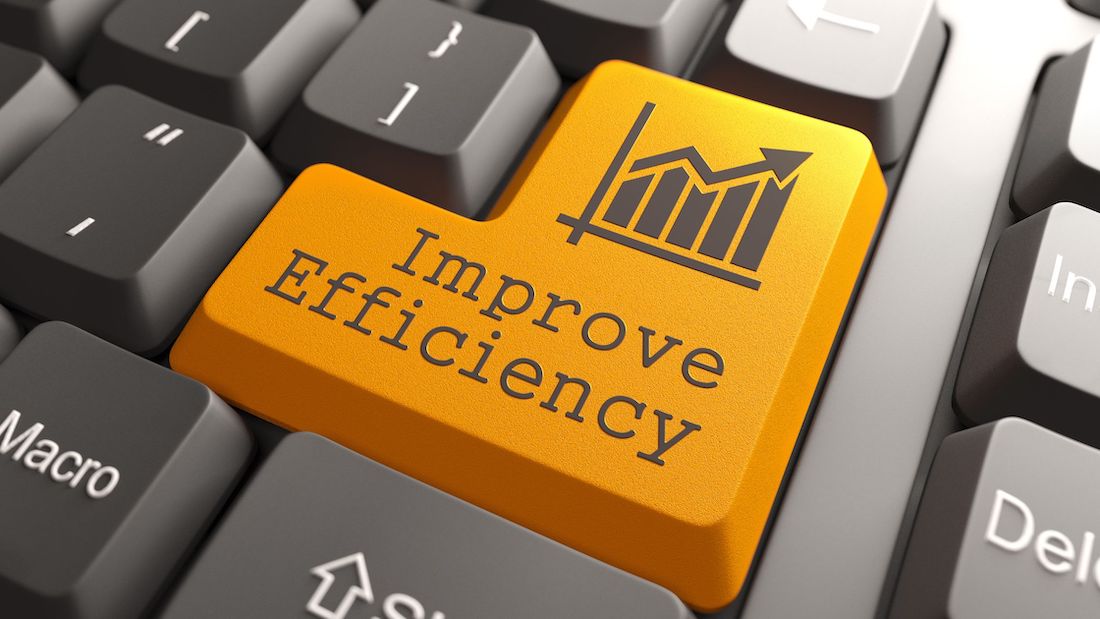Kenya’s digital transformation journey is not limited to a single sector or industry. There is a national sense of ambition when it comes to digitalisation and transforming our country into a leading regional digital hub.
In April 2023, The Bank Group of Directors approved $390 million in financing for the Kenya Digital Economy Acceleration Project. Over the next several years, the project aims to expand internet access, improve education and government services delivery, and build a data-driven environment for enhanced digital service delivery and innovation.
Meanwhile, there are on-the-ground efforts like the production of a locally manufactured smartphone with a retail price of just $40, all while our start-up sector continues to attract venture capital in sectors such as e-commerce, fintech, and agriculture.
At the heart of all these initiatives is the need for security and digital resilience: the ability of an organisation to react to any business disruption by leveraging its digital capabilities. In the age of cloud computing, these two elements are critical for infrastructure that empowers enterprises to innovate, grow and ultimately emerge as industry leaders.
Cloud-ready infrastructure
Moving to the cloud is a strategic priority. Case in point, enterprises in Kenya were the biggest cloud spenders in Africa in 2022. While spending may be slowing, an influx in the number of data centres and cloud platforms indicates a shift towards cloud-ready IT infrastructure models.
And not towards just one type of cloud. While African enterprises are still largely single-cloud users, the market will see a move towards hybrid and multi-cloud models in the next few years. Hybrid clouds allow for greater cost control, greater levels of scalability and, importantly, better security and compliance options.
See >> How Digital Transformation Is Creating a New Work Ecosystem In Kenya
To be resilient and unlock the full potential of the cloud, enterprises need to take a holistic approach. They need to adopt a site-reliability-engineer (SRE) model that optimises IT resource availability and performance, invest in infrastructure as a service, and focus on engineering talent.
Being resilient means being ready for anything at any time. Once a workload enters the cloud, teams must account for any failures or outages. They must protect the data and applications they’re working with and integrate disaster recovery and backup mechanisms into their operations. At a time when the customer is “always-on” and expectations reflect that, a single disruption can reflect poorly and have a long-term impact on business.
‘Baked-in’ security
The increased interconnectivity and complexity of cloud infrastructure present a security challenge. How can you secure something so vast that encompasses so many moving parts?
Cybercriminals are aware of these difficulties. According to the Communications Authority of Kenya (CAK), system misconfiguration attacks and malware were the top threat vectors between July 2022 and March 2023. Common threats such as ransomware, phishing, and distributed denial of service (DDoS) attacks have the potential to bring business to a halt, compromise enterprise data, and inflict severe financial and reputational harm.
Automation tools and solutions enable enterprises to maintain speed and control as IT infrastructure grows.
Thus, cloud security is critical. Enterprises must consider all types of solutions that provide coverage for entire cloud and system networks, from servers all the way down to staff laptops and digital devices. These solutions include security information and event management (SIEM) that automates incident monitoring, detection, and response in cloud-based environments; and identity and access management (IAM) that governs system access and establishes digital identities for all users who have permission to work on those systems.
Setting things to automatic
Whatever its shape or size, IT infrastructure demands oversight. Many moving parts mean teams can be spread thin, with more workloads increasing the time and resources necessary for development, deployment, and monitoring.
Automation tools and solutions enable enterprises to maintain speed and control as IT infrastructure grows in size and complexity. They can improve the efficiency and turnaround time of workload deployments, giving teams the space to focus on other elements or areas of the business. Enterprises can automate both configuration and system maintenance processes, installing reliable, repetitive mechanisms that streamline operations.
These elements and more should form the basis of any digital transformation effort. By investing in the right tools, Kenya can showcase the long-term benefits of digital resilience as well as secure infrastructure that takes it into the next decade and beyond.
Christopher Saul is Territory Sales Lead, East Africa, at Red Hat.
Next >> Data Is Key To Revolutionising Credit Markets
>> High Energy Cost Negatively Impacting Data Centre Business











Leave a comment